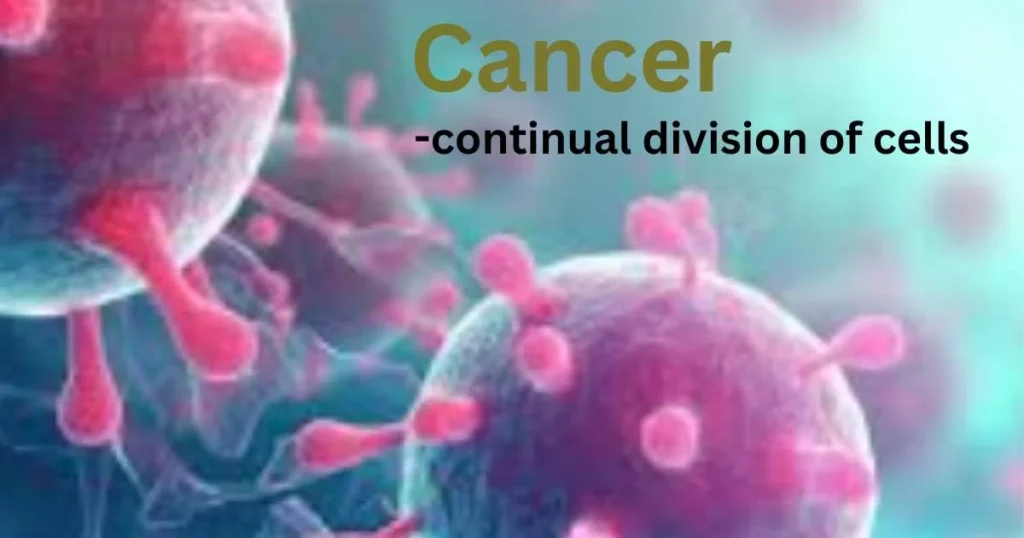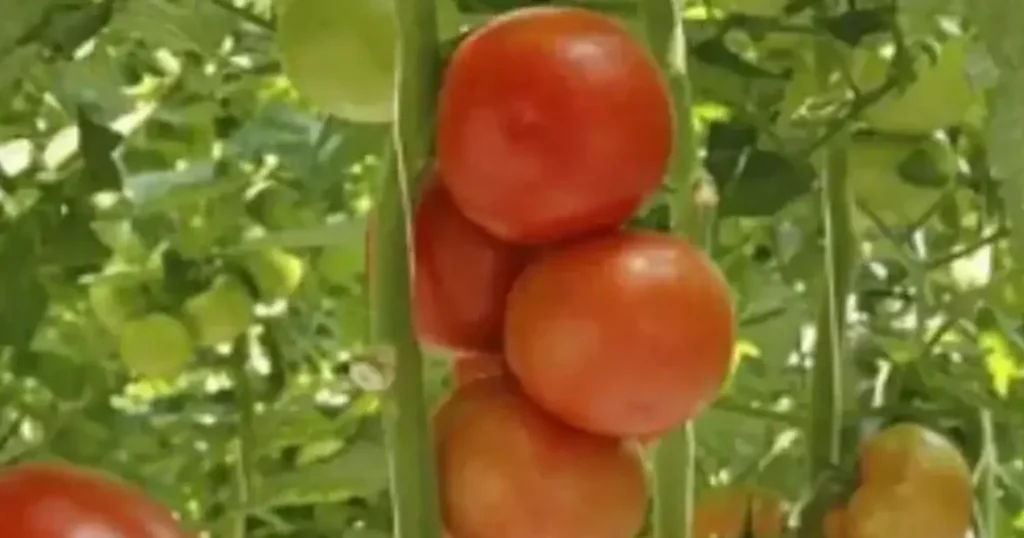Why hydroponics is bad? It is a common question people ask me when I discuss hydroponics. Hydroponics is gaining popularity daily, but some people still need clarification. It’s a matter of perception; let’s consider these perceptions individually and their realities.
Is Hydroponics Safe?
Myth: Some doubt the overall safety of hydroponic systems for growing plants.
Debunking: Hydroponics is a safe and controlled method of cultivation. It reduces the risk of soil-borne diseases, minimizes pesticide use, and allows precise nutrient management. Scientific research consistently confirms the safety of hydroponics, making it a secure choice for plant cultivation without any inherent risks.
Does Hydroponics Cause Cancer? | Is Hydroponic Healthier than Organic? | How often does Hydroponics Cause Cancer?

Myth: Hydroponics cause cancer, stems from the use of synthetic nutrients.
Debunking: Cancer is a complex disease caused by the uncontrolled growth of cells, often triggered by changes in genetic material. These changes or mutations can be induced by various chemical agents, collectively known as carcinogens (or cancer causing).
Hydroponic nutrients, designed to support plant growth in water-based systems without soil, typically contain a blend of essential minerals and elements such as nitrogen, phosphorus, potassium, calcium, magnesium, and trace elements like iron, manganese, boron, zinc, and copper. These nutrients are crucial for plant development and do not inherently include carcinogens.
However, the safety of hydroponic nutrients can depend on their source and quality. Lower-quality or improperly formulated nutrients might contain contaminants or heavy metals such as lead, cadmium, or arsenic in trace amounts, which are known carcinogens. It’s important to use high-quality, reputable hydroponic nutrient solutions and to follow proper handling and usage instructions to minimize any risk of exposure to potentially harmful substances.
Hydroponic systems use controlled, chemical-free solutions. Scientific evidence supports hydroponics as a safe and efficient cultivation method, reducing the need for pesticides and offering numerous benefits without cancer-related risks.
Is Hydroponic Solution Safe? | Are Hydroponic Solutions safe to eat?
Myth: Some doubt the safety of hydroponic solutions, fearing harmful chemicals.
Debunking: Hydroponic solutions are carefully formulated and undergo strict quality control. They’re free from harmful substances, and hydroponics reduces the need for pesticides.
Scientific research confirms their safety, making hydroponic solutions a secure choice for plant cultivation. Wash the hydroponic produce thoroughly and use the water free from H. pylori.
Is Hydroponic Vegetables Safe? | Are Hydroponic Greens Safer? | Is Hydroponic Food as Healthy as Traditional Soil Grown?

Myth: Some question the safety of hydroponic vegetables.
Debunking: Hydroponic vegetables are safe to consume, with controlled environments minimizing disease risks and pesticide use. Rigorous testing confirms their safety, on par with traditionally grown produce, addressing any concerns about their safety. Wash the vegetables thoroughly before eating. Moreover, use the water that is free from H. pylori.
Are Hydroponic Strawberries Safe to Eat?
Myth: Some people are uncertain about the safety of consuming hydroponically grown strawberries, expressing concerns about potential health risks.
Debunking: Hydroponically grown strawberries are safe to eat. Hydroponic systems offer a controlled environment that reduces the risk of soil-borne contaminants and minimizes the need for pesticides. According to USDA, hydroponic Strawberries are not organic.
These hydroponic strawberries are subject to stringent quality control and safety standards, ensuring their safety for consumption. Scientific studies consistently support the protection of hydroponically grown strawberries, dispelling any unfounded worries about their edibility.
Make sure to wash the strawberries properly before eating. Moreover, use water that is free from H. pylori.
Are Hydroponic Vegetables less Nutritious?
Myth: Some question whether hydroponically grown vegetables are less nutritious than soil-grown ones.
Debunking: Hydroponic vegetables can be equally or even more nutritious than their soil counterparts. The controlled environment allows for precise nutrient management, potentially enhancing nutrient content.
Scientific research shows that the nutritional value of hydroponic vegetables is on par with, if not better than, traditionally grown ones, debunking concerns about reduced nutrition.
Does Hydroponics use Sunlight?
Myth: There’s a misconception that hydroponic systems rely solely on sunlight for plant growth.
Debunking: Hydroponics can use natural sunlight or artificial grow lights for plant growth. While some hydroponic setups use sunlight, many utilize artificial lighting to ensure consistent and optimal conditions.
The choice of a light source depends on the plant’s specific needs and the environment. So, hydroponics is flexible and can adapt to different light sources as necessary.
Do Hydroponic Plants Produce Oxygen? | Does Hydroponics Need Air? | Do Hydroponic Plants Need Air?
Myth: Some wonder whether hydroponic plants produce oxygen like traditional soil-grown plants?
Debunking: Hydroponic plants do indeed produce oxygen through the process of photosynthesis, just like soil-grown plants. They take in carbon dioxide and release oxygen, contributing to the oxygen levels in their environment.
This fundamental biological process remains the same, regardless of whether plants are grown hydroponically or in soil, dispelling any doubts about oxygen production in hydroponics.
Do Hydroponics Need Fertilizer?
Myth: There’s a misconception that hydroponic systems don’t require fertilizer for plant growth.
Debunking: Hydroponic systems require fertilizer, but it’s provided as a nutrient solution rather than traditional soil-based fertilizers. These solutions contain essential nutrients that plants need for healthy growth.
Hydroponics relies on precise nutrient management to ensure plants receive the necessary elements for thriving. So, while the delivery method differs, hydroponic plants do indeed need fertilizer, debunking the myth to the contrary.
Why Hydroponics is Bad for the Environment?
Myth: Some people express concerns about hydroponics being environmentally harmful, citing issues related to energy consumption and waste.
Debunking: Hydroponics can have environmental benefits when designed and managed efficiently. It reduces the need for large land areas, conserves water, and minimizes soil erosion.
While, energy consumption can be a concern in some setups, advancements in energy-efficient technologies mitigate this issue. Additionally, waste in hydroponic systems is minimal compared to traditional farming.
Hydroponics can contribute positively to environmental conservation by adopting sustainable practices, dispelling the myth that it is inherently wrong for the environment.
Conclusion
Why Hydroponics is Bad? Though growing plants hydroponically is on a rise, and hydroponics is a way of growing that offers. There are some myths regarding the hydroponic way of growing. These myths have been debunked in this article. However, it is important to remember to wash the produce thoroughly, use H. pylori free water and dispose of the equipment properly.


One Response